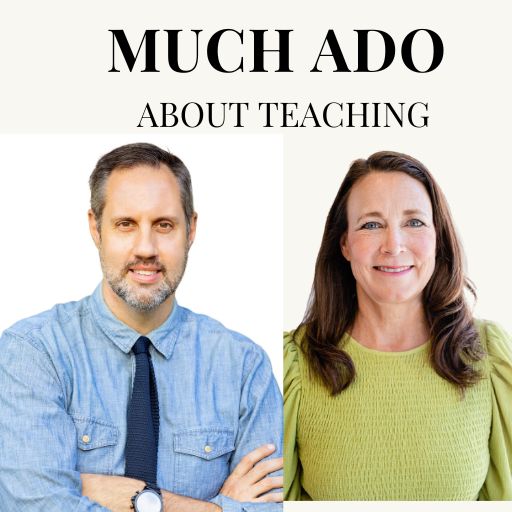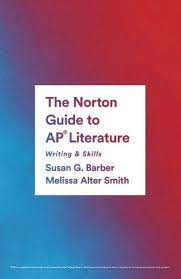I spent time working with teachers this summer, some of whom had 40-50 students in each class and over 200 students on their rosters.
Others wanted advice on what to teach because everything they loved was now banned by their state.
Some lost their free periods to cover classes because subs were nowhere to be found.
It is pretty dire in quite a few places and because of that I can’t tell you whether you should keep at it or think about other options. That is something that you will have to decide for yourself.
But I can tell you that I’m sticking it out.
Two weeks ago I went to a funeral for someone that was in my life for a few years. He was my high school basketball assistant coach. He came into my life when I was in 9th grade, a formative time in anyone’s development. He moved to New York from Florida to escape a divorce and he teamed up with my high school coach – they were high school best friends, themselves – to help out with the team.
The funeral allowed me to look back and appreciate the way in which he was a presence in my life. After I scored my first high school points, he took me to Madison Square Garden to see St. John’s play, exposing me to college basketball for the first time. As a physical therapist, he programmed the strength and conditioning workouts that transformed me from skin and bones to someone that stopped in front of mirrors to flex and find the slightest signs of definition. There were also long car rides to tournaments and games which opened up conversations of subtle mentoring.
If he were like most other assistant coaches, he would have been at practice, he would have run a few drills, and he would have blown the whistle to transition from one thing to the next. Instead, he found his own way to have an influence. He provided a presence that was both compassionate and compelling. He was practical in his approach and active in his deeds. There were a million subtle things he did that, as a 15-year old boy, I didn’t realize most of them at the time.
And that’s why – 30 years later – I was there to pay my respects for the work he did.
TEACHING IS WORK
In his book, Linchpin: Are You Indispensable?, Seth Godin illustrates the important distinction between a job and work. To endure as a teacher, you have to understand this difference.
“The job is what you do when you are told what to do. The job is showing up at the factory, following instructions, meeting specifications, and being managed.
The job might be difficult, it might require skill, but it’s a job.
Your art is what you do when no one can tell you exactly how to do it. Your art is the act of taking personal responsibility, challenging the status quo, and changing people.
I call the process of doing your art ‘the work.'”
Often, fulfilling obligations is what is valued in teaching. It is valued when parent emails are answered politely, grades are posted in a timely fashion, plan books are buffed, polished, and squeaky clean, and classroom are sterile and without complications. Fulfilling obligations is a job.
Impacting lives is work.
I’m still teaching because I have learned over the years that I cannot change the obligations of the job, I can minimize their impact. I do this by meeting those expectations without making them the center of my existence or source of my fulfillment.
Instead, I focus my attention on all the interactions of a classroom that make teaching an act of love.
David Brooks, the New York Times columnist, believes that “We don’t become better because we acquire new information. We become better because we acquire better loves. We don’t become what we know. Education is a process of love formation. When you go to a school, it should offer you new things to love.”
I’m still teaching because I love this work of betterment, I love standing in front of students each day with the opportunity to acquire new loves myself as they do too.
THE PARETO PRINCIPLE
To achieve this, I know my limitations. The sure-fire path to burnout and destruction is to drive yourself mad trying to fulfill all the obligations of the job. Like any profession, a few things are vital, many are trivial. This is the essence of the Pareto principle.
“In 1941, Joseph M. Juran, a Romanian-born American engineer, came across the work of Italian polymath Vilfredo Pareto. Pareto noted that approximately 80% of Italy’s land was owned by 20% of the population. Juran applied the observation that 80% of an issue is caused by 20% of the causes to quality issues.
As Wikipedia points out, this principle extends to other areas and industry. When Microsoft fixed the top 20% of the most-reported bugs, 80% of the related errors and crashes in a given system were eliminated. Occupational health and safety professionals use the Pareto principle to underline the importance of hazard prioritization. Assuming 20% of the hazards account for 80% of the injuries, safety professionals can target those 20% of the hazards that cause 80% of the injuries or accidents.
I’m still teaching because my 20% has only three components:
- Bring it every day by developing engaging lessons that reveal my love for English while building student skill and appreciation.
- Strengthen relationships with students so that I am seen as a positive force of mentorship in their lives. I want them to see me as their best advocate, not their adversary.
- Cultivate a personal learning community of my own that brings the most inspiring local and national teachers into my life to imbue me with new ideas, genuine friendship, and lasting connection.
FIND WHAT’S SIMPLE IN TEACHING
Albert Einstein always encouraged others to find simplicity out of clutter.
Teaching has always been the simple act of imparting knowledge and wisdom to someone who needs it.
When I was in 9th grade, I needed that assistant coach in my life. I needed to know how to play fundamental basketball, but more importantly I was on the road to becoming a young adult and needed some guidance.
Each day I look out on a sea of faces that need something. There is satisfaction and deep contentment in the smallness of each opportunity. I probably won’t change many lives. Few will become English majors or teachers. But many of those students will see me as a positive force advocating for them and for English. This is the heavy lifting of the classroom. This is what Marge Piercy wrote about in her poem, “To Be of Use”:
I love people who harness themselves, an ox to a heavy cart,
who pull like water buffalo, with massive patience,
who strain in the mud and the muck to move things forward,
who do what has to be done, again and again.












